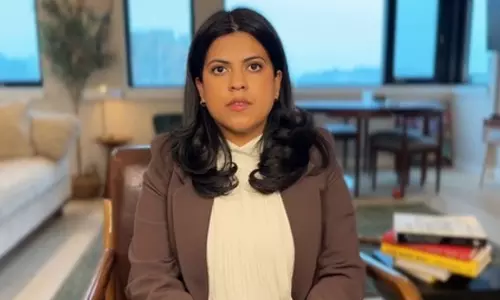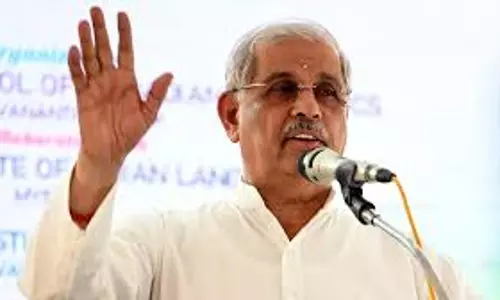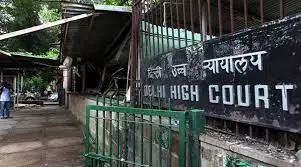
Keeping undertrial in custody would impact his right to defend himself in trial: Delhi HC
text_fieldsThe Delhi High Court has observed that the consequences of pre-trial detention are grave in nature and keeping an undertrial in custody would impact his right to defend himself during the trial and that he will be clearly denied the right to a fair trial which is guaranteed under Article 21 of the Constitution.
Justice Chandra Dhari Singh made the observation while granting bail to Vikas Chawla, who is accused of cheating HDFC Bank as well as BMW Financial Services to the tune of several crores of rupees by using forged and fabricated documents and emails.
The bail application for the accused, arrested on August 5, 2021 and in custody since then, was filed by advocate Sumer Singh Boparai.
Senior advocate Vikas Pahwa, appearing for Chawla, submitted that the investigation of the case was completed and the charge sheet was also filed. He also argued that all the evidence and materials against the petitioner were documentary in nature and that there was no chance of his tampering with them.
It was also submitted that arrangement of availing credit facilities from the complainant bank continued from January 9, 2014, till February, 2020, for which re-payments along with interest of Rs 13.27 crore were made by the accused company to BMW India Financial Services Private Ltd from time to time. It was also submitted that repayments of Rs 600 crore approximately were made to the complainant bank over the course of their business relations.
Pahwa also argued that the investigating officer had issued notices under Section 91 of the CrPC on March 16 and 22, 2021, and June 7, 2021, to which the accused company had filed a reply dated July 3, 2021. As counterblast to order dated June 22, 2021, passed by the court below whereby the investigating officer was directed to withdraw the notice under Section 91, the investigating officer arrested Chawla on August 5, 2021 and was since then, he was languishing in judicial custody.
On the other hand, it was argued by the state that the petitioner was previously also involved in a case of UPPCL Employees' Provident Fund scam and that if he is released on bail, he may commit similar offences.
The court perused an affidavit filed by the petitioner's wife disclosing the mode of repayment to the financial institutions and also about the proposal of the mode of repayment of the liability of the HDFC Bank. The affidavit also stated the liability of the BMW India Financial Service Private Ltd and the proposal of the mode of repayment.
In the affidavit, the petitioner had also undertaken that he was a bonafide businessman and had honest intentions to perform all his responsibilities, for which he will make all endeavours to repay the outstanding balance to the financiers.
The court also perused the medical report of the petitioner seeking interim bail on medical grounds which stated that he was a patient of uncontrolled diabetes mellitus type-II, hypertension and seasonal bronchial asthma, with sugar levels and HB1AC extremely high and being fatal in nature.
It said: "All the incriminating evidence/materials against the petitioner/applicant are documentary in nature and have already been seized by the investigating agency. As per the statutory provisions, the maximum sentence for the offence punishable under Section 420 of the IPC is upto seven years."
The Court was of the view that it is a settled law that fraudulent and dishonest intention should be present since inception for an offence of cheating. In the present case, a non-payment of miniscule amount in comparison to the huge amounts paid over the years was deliberately given a criminal colour.
Noting that the petitioner had been languishing in jail for more than five months, it said: "Taking into consideration the facts of the case, the arguments advanced by the learned counsel appearing on behalf of the parties, the proposal given by the petitioner/applicant, the materials on record and the medical reports of the petitioner/applicant, this court is inclined to enlarge the petitioner on bail."
Accordingly, bail was granted to Chawla.






















